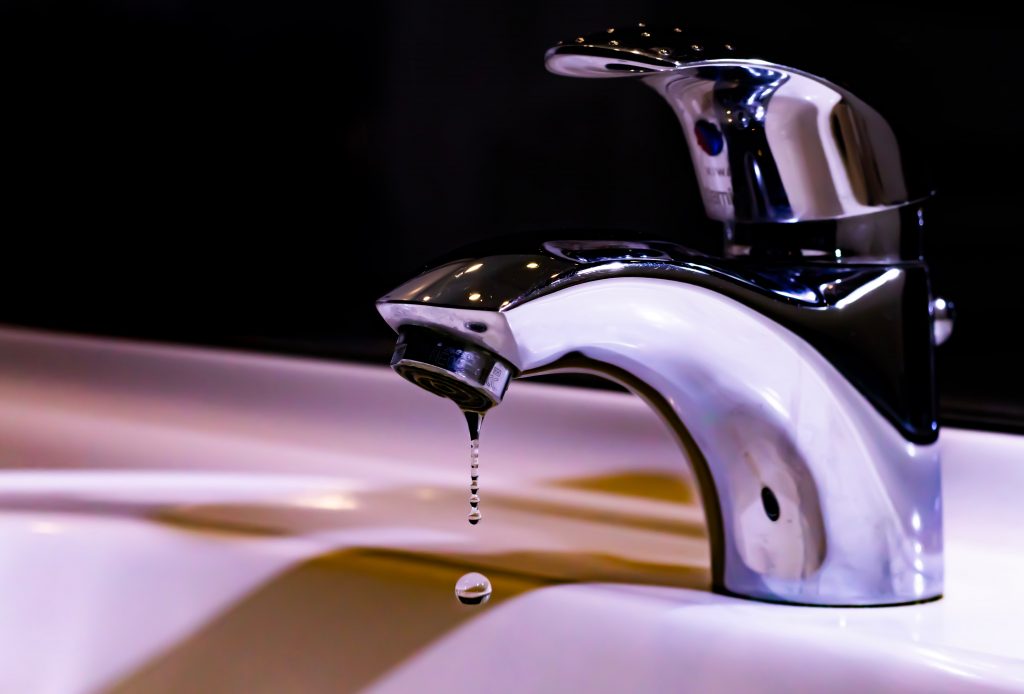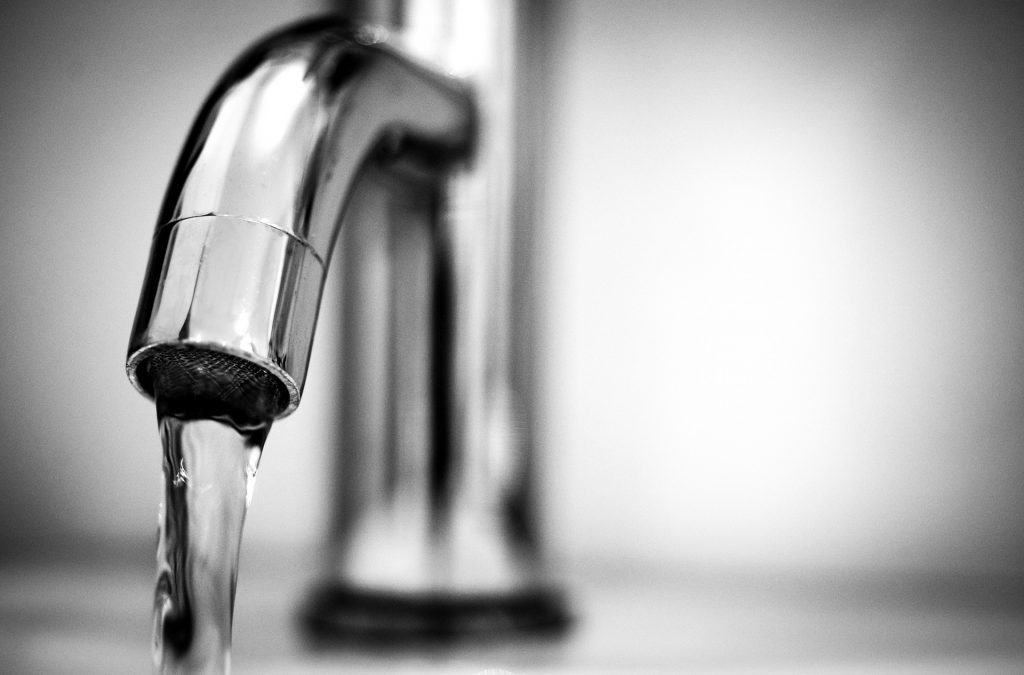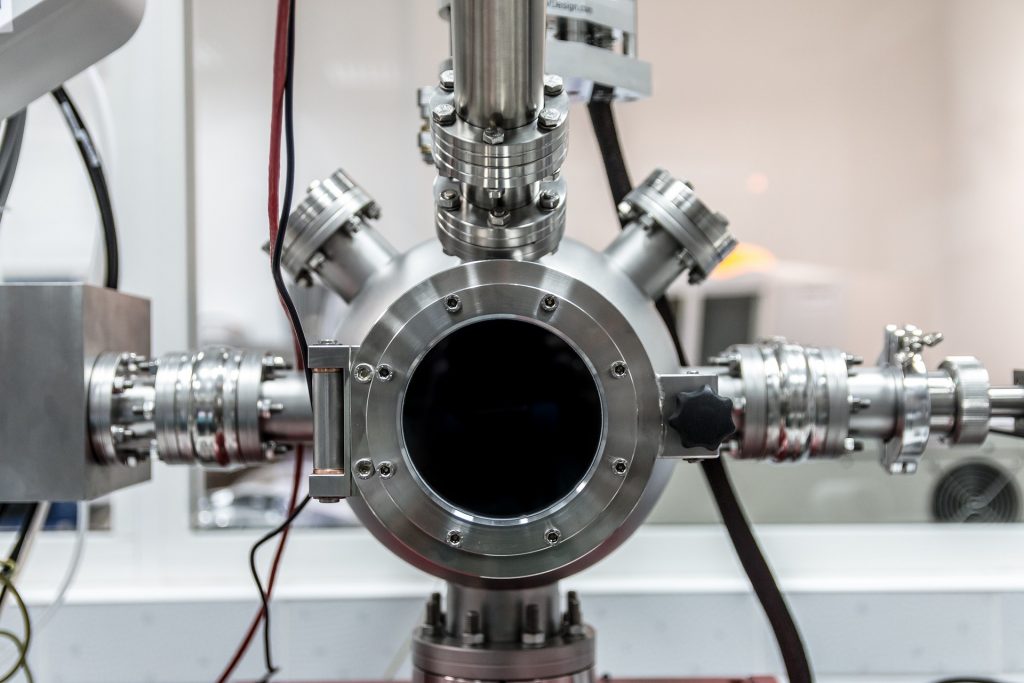A warm bath is essential for the start of a great day for many people. However, even with the best hot water tank storage, convenience is not always assured. If someone takes too long in the shower before you, you might need to take a cold bath as the empty tank refills and reheats.
Tankless water heaters are the answer to such an inconvenience. Also referred to as instant or on-demand heaters, the system ensures you have hot water when you need it. And, it doesn’t have to keep on heating the water when not in use.
However, it’s also crucial to understand the tankless water heater, how it works, and whether it’s worth it before making the change. This is because, despite its various apparent benefits, it’s not all fault-proof.
How Tankless Water Heaters Work
Unlike the hot water tank storage system, the on-demand system doesn’t have a storage unit, which means that the water is only heated as you use it.
So, how does this work? This is typically a simple process. Turning on that hot water tap allows cold water to flow into the unit via the pipes.
Inside the unit, a heating element (either gas or electric) heats up the water instantly, giving you access to hot water. This means that the tankless water heating system offers a constant hot water supply, any time of the day, and you no longer have to worry about the tank running empty, forcing you to take a cold bath.
But, just like any other system, a tankless water heater has some downsides. First, the unit’s output reduces the water flow rate. Typically the size of the unit’s output offers a water flow rate of around 2-5 gallons per minute.
Sometimes, even the largest unit will be insufficient to offer water simultaneously for multiple household uses. For instance, running a dishwasher while someone is in the shower might strain the system. However, you can always install an extra instant water heater to solve this insufficiency.
What to Consider before Installing a Tankless Water Heater
While the system is efficient and convenient, it’s also not a perfect fit for every household. So, before you decide to make that significant change to a tankless water heater system, first consider the following factors:
● Hot Water Usage Patterns
To get the right size of a tankless water heater to install, knowing how much hot water is needed in the house is vital. As mentioned earlier, instant water heaters’ outputs limit their flow. And, to sufficiently cover all your households’ hot water needs, you might need to install several heating systems.
A point-of-use system covering the various faucets might be the ideal solution. This will ensure that a running shower doesn’t affect the flow in the dishwasher or the washing machine. You can also install a whole-house system if you want to anticipate a spread-out hot water usage in your house.
You can first check the GPM (gallons per minute) flow for the different products to determine the type of system that suits you. This information is available on the manufactures’ website or even on the product.
● Location
Your location matters in determining how efficient tankless water heaters will be. For instance, while the systems can work in any location, they are better suited for some areas than others.
Take an example of the significantly cold Northeast climates. During winter, underground water in these places is much cooler. This means that the heater will need to work harder to achieve the desired temperature rise—the difference between water input and output temperatures.
In areas where the desired temperature rise is significantly huge, this system might not be efficient and economical. This is because it will require more energy to heat the water, leading to higher energy bills. A larger tankless gas heating setup might be ideal in such areas compared to an electric heating system.
● Your Current Water Heating System
Your current water heating system size will determine how easily and cost-effectively you can install a new system. The installation costs might go relatively high if you need plumbers, electricians, and other contractors to properly install electrical, gas, and water lines.
Carefully evaluate different quotations to determine which one doesn’t become too costly but still offers everything you need. Sometimes, your system doesn’t need too much work, depending on the current setup.
Before installing a new system, ensure you are sure of the size, energy efficiency, costs, and availability, and fuel type.
How to Install Tankless Water Heaters
You’ll require an expert to install a tankless water heating system properly. This will guarantee that your system works optimally and efficiently.
Proper tankless water heater installation will depend on several factors, including:
- Climate
- Fuel type
- Safety issues
- Local building codes, etc
For this reason, you need someone who perfectly understands the tankless hot water heater, how it works, and how to ensure that it’s leak-free for both water and carbon monoxide.
So, before signing that installation contract, follow these simple but effective steps:
- Request for quotation from several contractors
- Request for references from previous clients
- Determine the legitimacy of the company by checking with BBB (Better Business Bureau)
- Ensure that the company can get a local permit and that it’s familiar with local building codes
From here, you can determine which contractor best meets your requirements.
Tankless Water Heaters Maintenance
The best way to ensure that your instant water heater is always working optimally is through proper maintenance. Signing up for an expert annual service and maintenance program is the best option.
A professional will ensure that they clean or change your system’s air and water filters, as well as check the burner.
If you live in a location/area with hard water, flushing your system with vinegar every 500 hours ensures minimal mineral buildup—considered a DIY task. This prevents clogging on the heat exchanger.
Pros of Tankless Water Heaters
A tankless water heater comes with the following advantages.
● Efficiency
Compared to the traditional storage tank systems, tankless ones prove to be more energy-efficient. The instant water heating systems can be up to 50% more efficient than their counterparts. This is because they only need to heat the water when you turn on the hot water tap.
As for the tank storage systems, they have to keep the water in the tank hot all the time, leading to energy loss. Point-of-use tankless systems are also more energy-efficient than a whole-house heating system.
● Eco-friendly
Since they use less energy to heat the water, they are more sustainable. The tankless water heaters generally convert a unit of fuel to approximately a unit of heat. This means that minimal energy is lost, thus helping to reduce your ecological footprint.
● They are Safer
With tankless water heaters, you don’t have to worry about water loss through leakages. This is contrary to the tank storage heater system, where a spill can lead to significant water loss.
Also, their exhaust and air-supply vents are sealed, which ensures that there’s no carbon dioxide leakage to your house, resulting from back-drafting.
[related_posts_by_tax posts_per_page="3" format="thumbnails" image_size="medium"]









